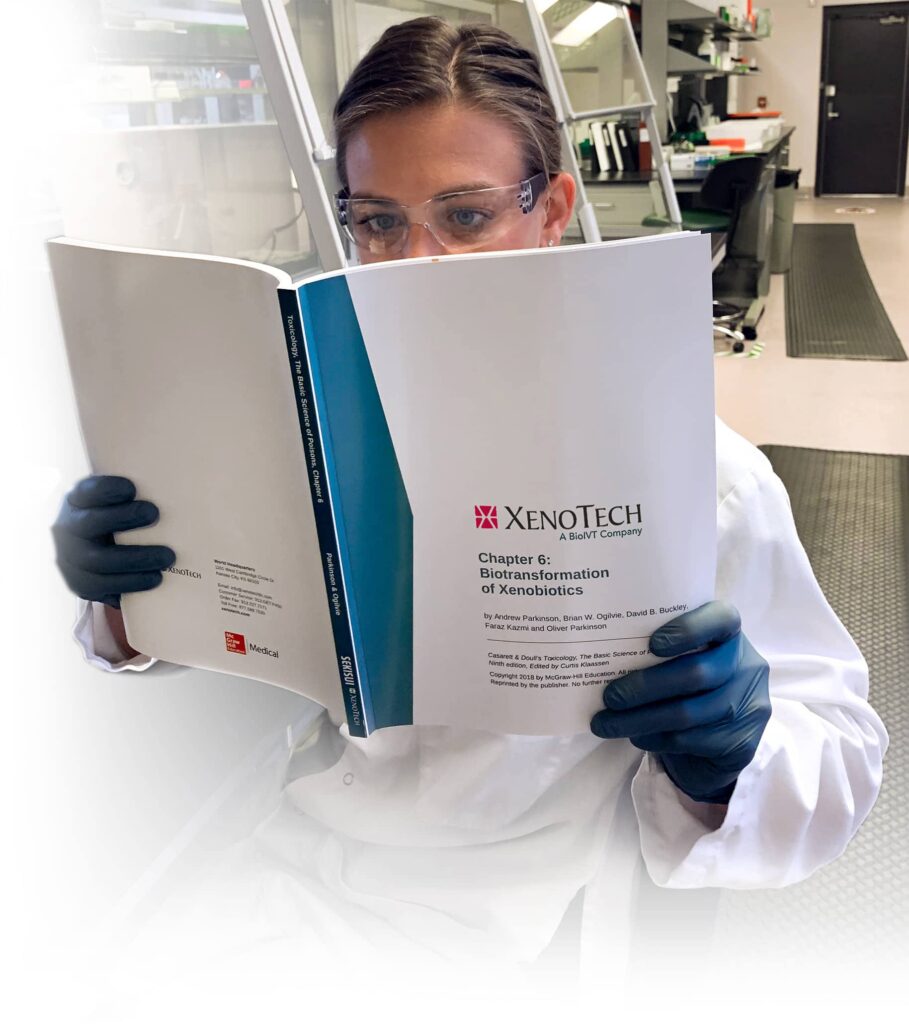
An in vitro test system to evaluate drug-drug interactions with biologics
Full Title
An in vitro test system to evaluate drug-drug interactions with biologics
Authors
Maciej Czerwinski1, Christina Renneke2, Joanne Parker2, Chad Pope1, Kevin Lyon1, Catherine Wiegand1, Jason Neat1, Faraz Kazmi1, David Buckley1, and Andrew Parkinson1
1XenoTech, LLC, Lenexa KS, USA 66219 | 2Viracor-IBT Laboratories, Lee’s Summit MO, USA 64086
Abstract
Inflammation, infection, vaccination, and some marketed therapeutic proteins (biologics) are associated with cytokine-mediated suppression (down-regulation) of drug-metabolizing enzymes (DME). Biologics, such as monoclonal antibodies, can trigger the release of pro-inflammatory cytokines (e.g. IL-1ß. IL-6, INFy and TNFα); extreme cases of which are known as a cytokine storm. Protein therapeutics may change the clearance of small molecule drugs (SMDs) by affecting DME expression and thereby precipitate drug-drug interactions (DDIs). Potential of biologics to cause DDI is a safety concern recognized by the FDA (Lee et al).
In the present study, we developed an in vitro method to evaluate the potential of biologics to elicit DDIs with SMDs via alteration of DME expression. This method involves treating fresh human blood with a biologic to stimulate the release of pro-inflammatory cytokines from peripheral blood mononuclear cells (PBMCs), after which plasma is prepared and added to primary human hepatocytes co-cultured with Kupffer cells to evaluate effects of biologics on cytochrome P450 (CYP) enzyme expression. E. coli lipopolysaccharide (LPS) and murine anti-CD28 monoclonal antibody were evaluated for their potential to perpetrate DDI with SMDs.